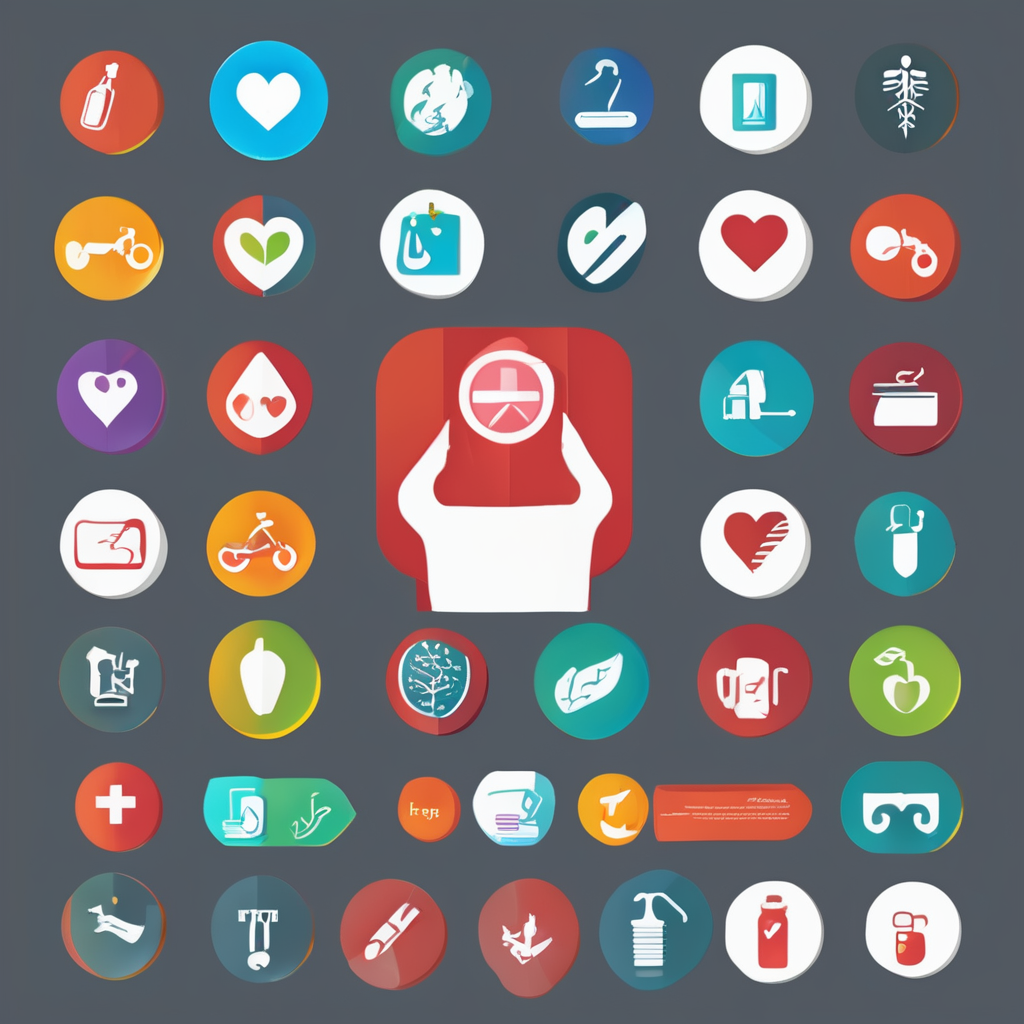Understanding Gestational Diabetes
Gestational diabetes is a condition that occurs during pregnancy, affecting a substantial number of women in the UK. This condition is characterized by elevated blood sugar levels and typically develops between the 24th and 28th week of pregnancy. While it can sometimes be asymptomatic, common symptoms include excessive thirst, increased urination, and fatigue. Early diagnosis is crucial, and is often achieved through glucose screening tests.
Health implications of gestational diabetes can be significant for both mother and child. For expectant mothers, it may increase the risk of high blood pressure and the development of type 2 diabetes in the future. For the child, it poses a risk of excessive birth weight, preterm birth, and low blood sugar levels after delivery. Therefore, understanding and managing gestational diabetes with the support of healthcare professionals is vital for ensuring the health and safety of both the mother and her baby.
Also read : Revolutionizing Prenatal Care: Cutting-Edge Technologies Adopted by UK Hospitals
Importance of Personalized Nutrition Plans
For women diagnosed with gestational diabetes, creating personalized nutrition plans is a vital step towards effective management of the condition. These tailored plans empower individuals by aligning dietary strategies with their unique health needs. Such customization not only focuses on managing blood sugar levels but also promotes overall well-being.
Dietary management becomes a cornerstone in controlling glucose levels, where healthcare professionals craft meal plans that consider a woman’s health status, eating patterns, and cultural preferences. These bespoke plans might include adjustments in macronutrient intake to ensure balanced nutrition. For instance, increasing fiber-rich foods and reducing simple carbohydrates can be strategic tactics in stabilizing glucose levels.
In parallel : Exploring the UK”s Guidelines for Fetal Spinal Abnormality Screening: Key Recommendations Unveiled
Vital to this personalized approach is the aspect of empowerment, as women gain greater control over their health and pregnancy journey. By understanding how different foods affect their blood sugar, they can make informed decisions that benefit both themselves and their unborn child. In essence, personalized nutrition grants women the tools they need to confidently manage their gestational diabetes through informed dietary choices.
Key Components of Customized Nutrition Plans
Creating a balanced diet is crucial for women managing gestational diabetes, and understanding the key components of nutrition guidelines can make this process more effective and empowering. A well-structured plan can help maintain healthy blood sugar levels and support overall well-being during pregnancy.
Macronutrient Balance
Proper macronutrient balance is essential in managing blood sugar effectively. Women should focus on incorporating a mix of carbohydrates, fats, and proteins in their diet. Consuming complex carbohydrates like whole grains can contribute to more stable glucose levels. Proteins, found in lean meats and legumes, play a vital role in making meals satisfying and sustaining energy levels.
Portion Control
Understanding portion control can significantly impact blood sugar management. By being mindful of portion sizes, women can enjoy a variety of foods without experiencing spikes in glucose levels. Visual cues, such as using the size of a fist to measure portions of starchy foods, can serve as practical guides for maintaining a balanced diet.
Timing of Meals
Meal timing is another critical aspect of controlling blood sugar. Spacing meals and snacks evenly throughout the day helps keep glucose levels stable. For example, frequent smaller meals every 3-4 hours can prevent drastic fluctuations in blood sugar while ensuring consistent nutrient intake. By adopting these strategies, women can take informed steps towards managing their gestational diabetes effectively.
Evidence-Based Recipes for Gestational Diabetes
Navigating the journey of managing gestational diabetes can feel challenging, but incorporating healthy recipes can make meal planning both enjoyable and effective. By focusing on nutrition, you can stabilize blood sugar while ensuring you and your baby receive essential nutrients.
Begin by exploring recipes rich in complex carbohydrates and lean proteins. Whole grain pancakes or a vegetable frittata can set a balanced tone for breakfast, helping maintain stable glucose levels throughout the day. These options provide slow-releasing energy, minimizing any drastic blood sugar fluctuations.
Modification of traditional recipes to integrate healthier alternatives ensures that you don’t have to miss out on favourite meals. For instance, swapping white rice for cauliflower rice in stir-fries can reduce carbohydrate intake while adding fibre and vitamins. These substitutions make familiar dishes more suitable for gestational diabetes management.
Quick and easy meal ideas, such as a chicken and vegetable stir-fry, cater to busy lifestyles. Not only are they packed with nutrients, but their simplicity supports efficient meal prep for hectic days. Engaging in culinary creativity can transform how you approach dietary management during pregnancy, making it both feasible and rewarding.
Expert Insights and Advice
Navigating the complexities of gestational diabetes can be daunting, but the guidance of healthcare professionals is indispensable for informed decision-making. Expert advice plays a crucial role in personalizing care, ensuring that women receive support tailored to their specific health needs.
Importance of Consulting Professionals
Engaging with healthcare providers, including obstetricians and endocrinologists, provides essential insights into best practices for managing gestational diabetes. Their expertise in monitoring blood sugar levels and adjusting treatment plans can significantly impact both maternal and fetal health.
Role of Registered Dieticians
Registered dieticians are pivotal in crafting customized nutrition plans that align with individual dietary preferences and health profiles. They offer detailed meal planning and portion control strategies, facilitating better glucose management. Their tailored advice is key to empowering women to make informed nutritional choices that positively affect their pregnancy outcomes.
Resources for Ongoing Nutritional Support
In the UK, a variety of resources are available to assist women in understanding and managing gestational diabetes effectively. These include educational programs, workshops, and online platforms that provide easy access to evidence-based dietary information. By utilizing these resources, women can continually adapt their meal plans to support their health objectives and ensure a healthy pregnancy journey.
Support Resources for Managing Gestational Diabetes
Navigating gestational diabetes can be overwhelming, but the good news is that a wealth of support groups, educational resources, and mental health services are available to aid women in the UK.
Support Groups
Community and support groups provide crucial emotional and practical assistance. These gatherings offer a platform for sharing experiences and strategies, fostering a sense of belonging. Regular meetings can help women feel less isolated on their journey, providing both peer support and expert guidance.
Educational Resources
Educational tools are instrumental in self-management of gestational diabetes. Resources such as workshops, pamphlets, and online courses enable women to learn at their own pace. This knowledge empowers them to take control of their health by making informed choices. Employing these materials enhances comprehension of dietary needs and effective glucose monitoring techniques.
Mental Health
Maintaining robust mental health is equally important during this period. Stress management workshops and counselling services offer valuable support, helping women cope with the emotional demands of pregnancy complicated by gestational diabetes. Access to such resources ensures that mental wellbeing is prioritized alongside physical health, supporting a holistic approach to pregnancy.






